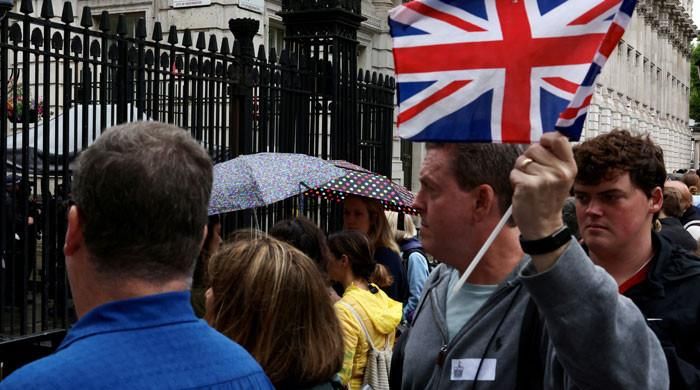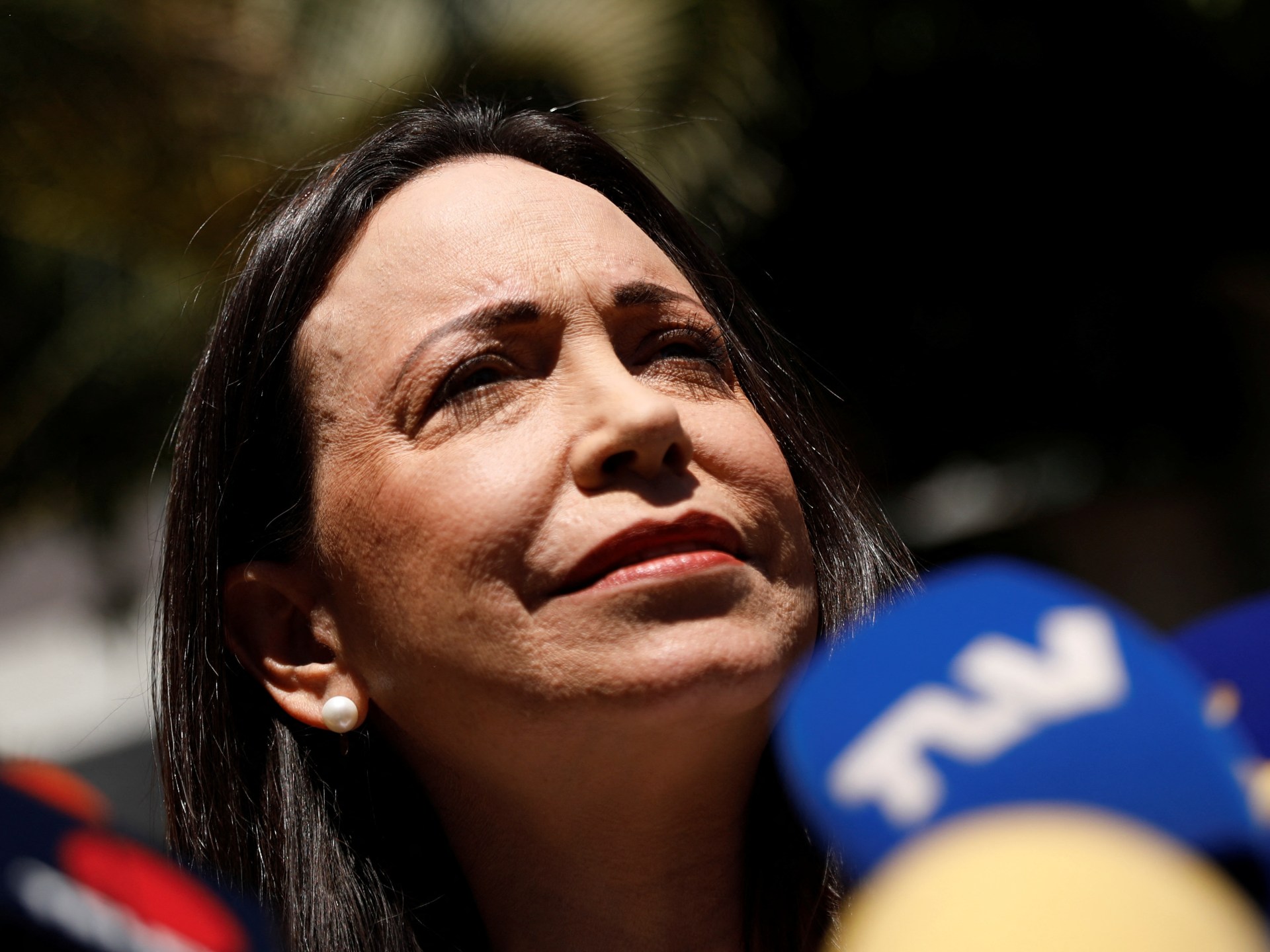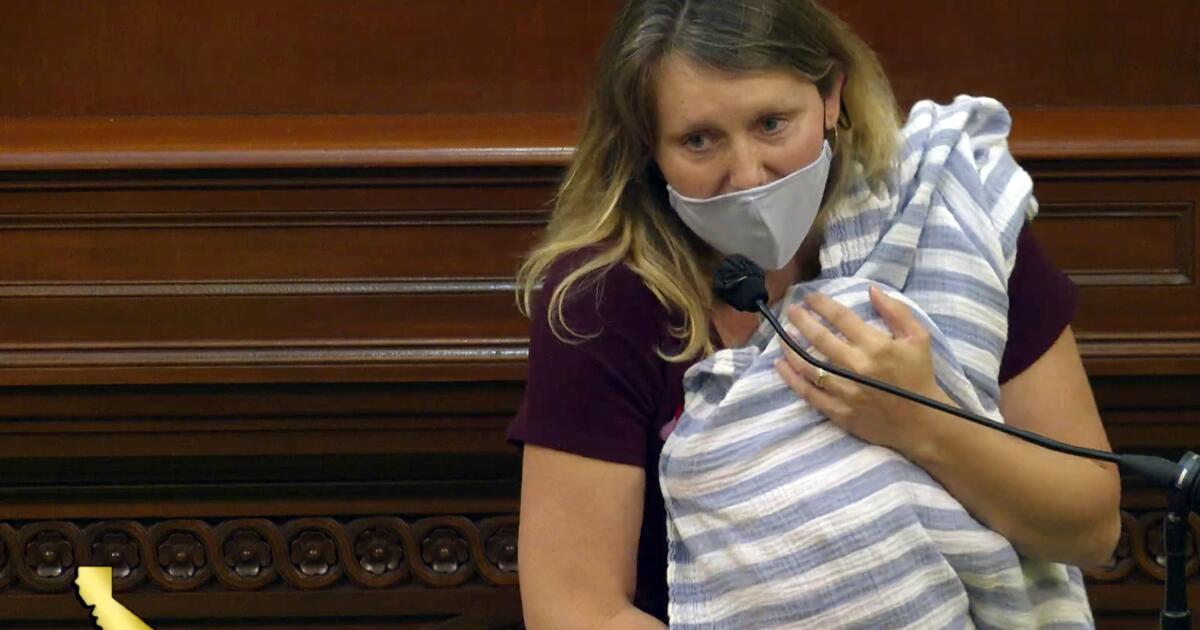LONDON: Here are some of the key issues at stake in Thursday's UK general election:
Will weary voters turn out to vote?
The main opposition Labour party is widely expected to win and has been determined not to take any chances, resulting in a lacklustre election campaign.
For the past two years, polls have suggested Labour is 20 points ahead of the Conservatives, and no campaign has managed to turn that trend around.
But if that indicates a desire for change after 14 years of Conservative rule, there appears to be little enthusiasm for Labour's plans.
Indeed, the Labour Party has repeatedly warned that it does not have a “magic wand” to change the country overnight.
The apathy extends to both leaders: 72% have an unfavourable view of Conservative leader Rishi Sunak and 51% of Labour's Keir Starmer, according to a YouGov poll this month.
That has raised questions about whether voters will turn out in large numbers, buoyed by the promise of change, or stay home, jaded by years of chaos and with little love for the party's leaders.
Labour leaders have made no secret of their concerns about voter apathy, with dozens of seats up for grabs and hotly contested.
Voter turnout (67.3% in 2019) will be an indicator of voters' distrust of their political class and a challenge for the next government.
Lucky number eight for Farage?
An unexpected addition to the campaign, Nigel Farage, the leading Brexit figure who has now become a spokesman for far-right and anti-immigration views, entered the race as leader of Reform UK.
Despite the surge in the polls, Britain's first-past-the-post system makes a clear victory for the 60-year-old former MEP and his party unlikely.
If successful in his eighth attempt to win a seat in parliament as MP for Clacton-on-Sea in eastern England, Farage – an ally of Donald Trump – will gain even greater visibility.
If he fails, his Reform UK party, which currently polls around 19% of the vote, would still have a decisive role in the race between the Conservatives and Labour in several constituencies.
Conservative failure?
Several polls suggest the party of Winston Churchill, Margaret Thatcher and Boris Johnson will win fewer seats than the 141 it secured in 1906, which would be its worst result since its creation in 1834.
Speculation has already begun over who will succeed Rishi Sunak at the helm of the fragmented party.
It remains to be seen how many big names will retain their seats and what direction the party, which was centrist under David Cameron (2010-2015) and then veered to the right, can take.
If the Reform Party were to succeed, some conservatives would not be opposed to an alliance.
Scottish nationalists weakened?
Nothing seems to be going right for the Scottish National Party (SNP), which has dominated politics in the devolved nation for the past 15 years.
The surprise resignation of charismatic First Minister Nicola Sturgeon in 2023 destabilised the party. Her successor, Humza Yousaf, lasted just a year.
The left-wing party remains the subject of an investigation into its finances involving Sturgeon's husband and has no viable strategy for achieving independence, a fight that was rekindled by Brexit but blocked by London.
First Minister John Swinney insists that winning a majority of Scotland's 59 parliamentary constituencies would be a green light to start fresh negotiations on another referendum with the new government in London.
The SNP currently has 43 seats, but Labour looks set to use its national momentum to reassert its dominance in Scotland. July 4 promises to be the first electoral test of the struggles of the independence movement.
The return of the Lib Dems?
Ed Davey ran an unconventional campaign, sliding down a water slide, falling off a paddleboard, roasting marshmallows, building sand castles, bungee jumping and even dancing Zumba.
Both his manoeuvring and his policies have sought to carve out a niche for his Liberal Democrat Party, as Sunak and Starmer clash, Farage makes a comeback and Labour returns to the centre.
The Lib Dems' rise to around 12% in the polls and their strong presence in southern England could see them gain as many as 67 seats, according to a YouGov survey, up from 11 in 2019.
Such a victory would be comparable to the advance the party made in 2010, when it governed with the Conservatives, and would give strength to its pro-European and climate-focused policies.












